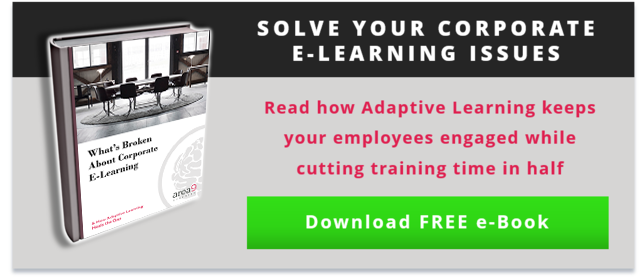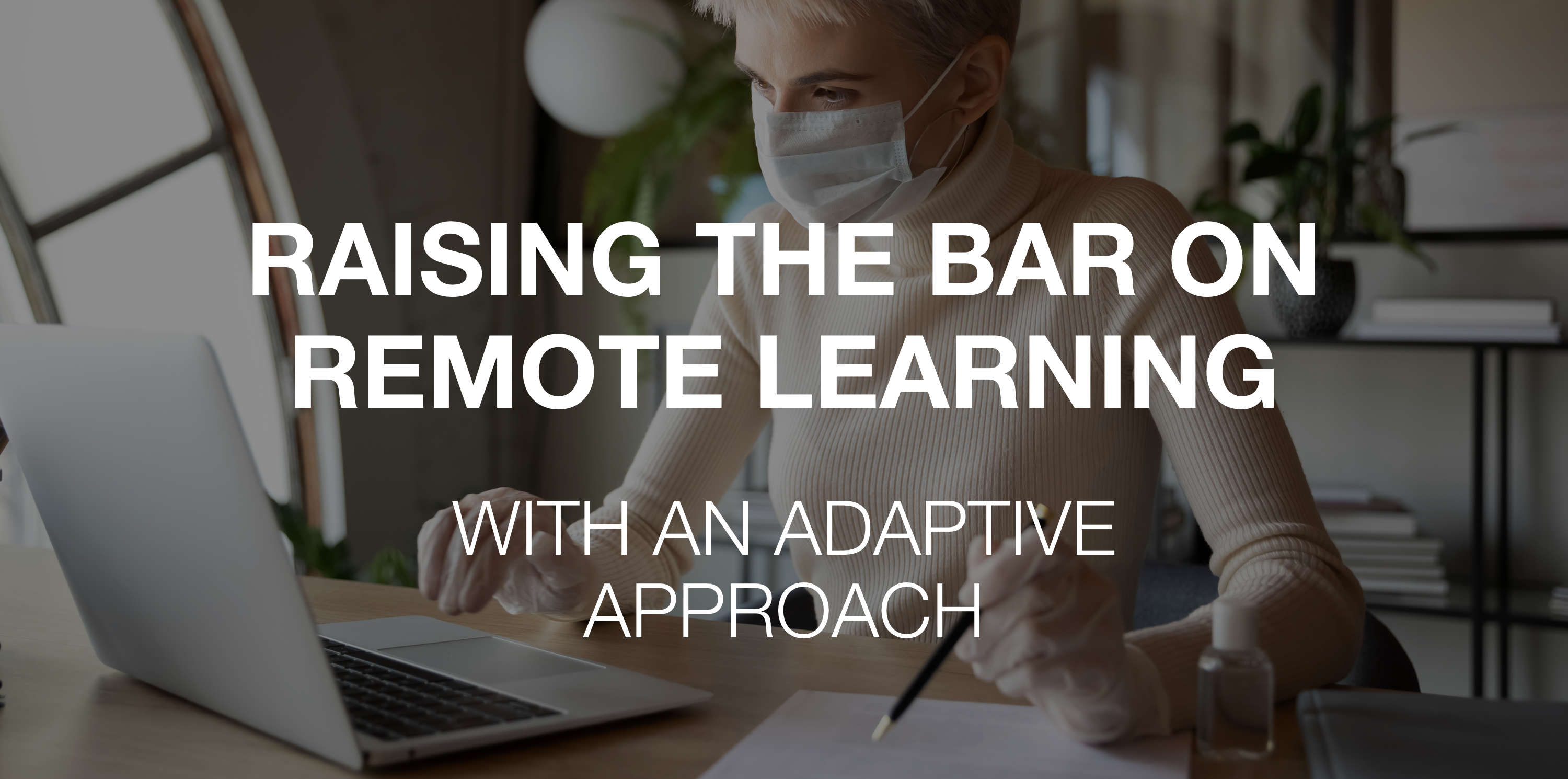While corporate e-learning reaps the benefits of technological advancement, there is always a risk that digital progress could negatively impact other essential skills.
It’s true that email and text messaging often replace face-to-face meetings and emoticons and internet slang have changed the way we communicate. But this is nothing new. Back in the 16th century, Shakespeare frequently used slang and invented words. Many of his creations, which were unusual or brand new in his time, have become phrases we use in day-to-day life.
In some ways new forms of communication have been for the better. But in all industries, especially sectors like hospitality and retail, soft skills, like emotional intelligence, face-to-face communication, and collaboration, can be what sets your business apart from the rest.
In order to stay relevant, businesses must continue to embrace technological change while still developing soft skills to set themselves apart.
Can Tech Teach Soft Skills?
It may seem counterintuitive to turn to technology to teach soft skills but it is possible with the right kind of technology. Traditional classroom settings put learners and businesses at a disadvantage for two reasons:
- The expense: the course materials, travel, and accommodations involved in teaching a large group is expensive.
- Loss of time: employees must spend time away from work to fulfill their training, losing time that could be spent on productivity.
Instead of teaching at employees via expensive and time-consuming classroom models, there is a way to emphasize soft skills on an e-learning platform. But it has to be the right kind of platform. To teach soft skills an e-learning platform must be:
- Intelligent - for instance, the biological model of learning is a more organic approach to learning than the traditional inference model. The biological model intuitively understands the learner’s knowledge base and how and when their learning needs change.
- Interactive - interactive learning is more engaging. Engaged learning is possible: Formative assessment asks learners to answer questions related to learning objectives and answer questions about their confidence in their answers. This makes learners feel like someone - or something - actually cares about their learning.
- Able to teach anyone - your e-learning platform must be flexible enough to cope with every kind of learner at every skill level.
- Able to collect data - a reporting function that allows you to track learner engagement and confidence helps you pinpoint current and future leaders within your staff.
- Able to do both - you can take advantage of the benefits of e-learning and a traditional classroom when you use both in a blended classroom. A blended classroom allows you to include a human touch for soft skills training but in less of a lecturer capacity and more of a tutor or coach capacity.
Adaptive Learning technology meets all of these criteria for teaching those invaluable soft skills to your employees.
Include Soft Skills in Your Corporate Learning
Adaptive Learning is already helping food service, hospitality, and retail sectors serve their customers better, like Shinola, a Detroit-based retail company. Find out other ways you can learn with this Adaptive Learning ebook.









